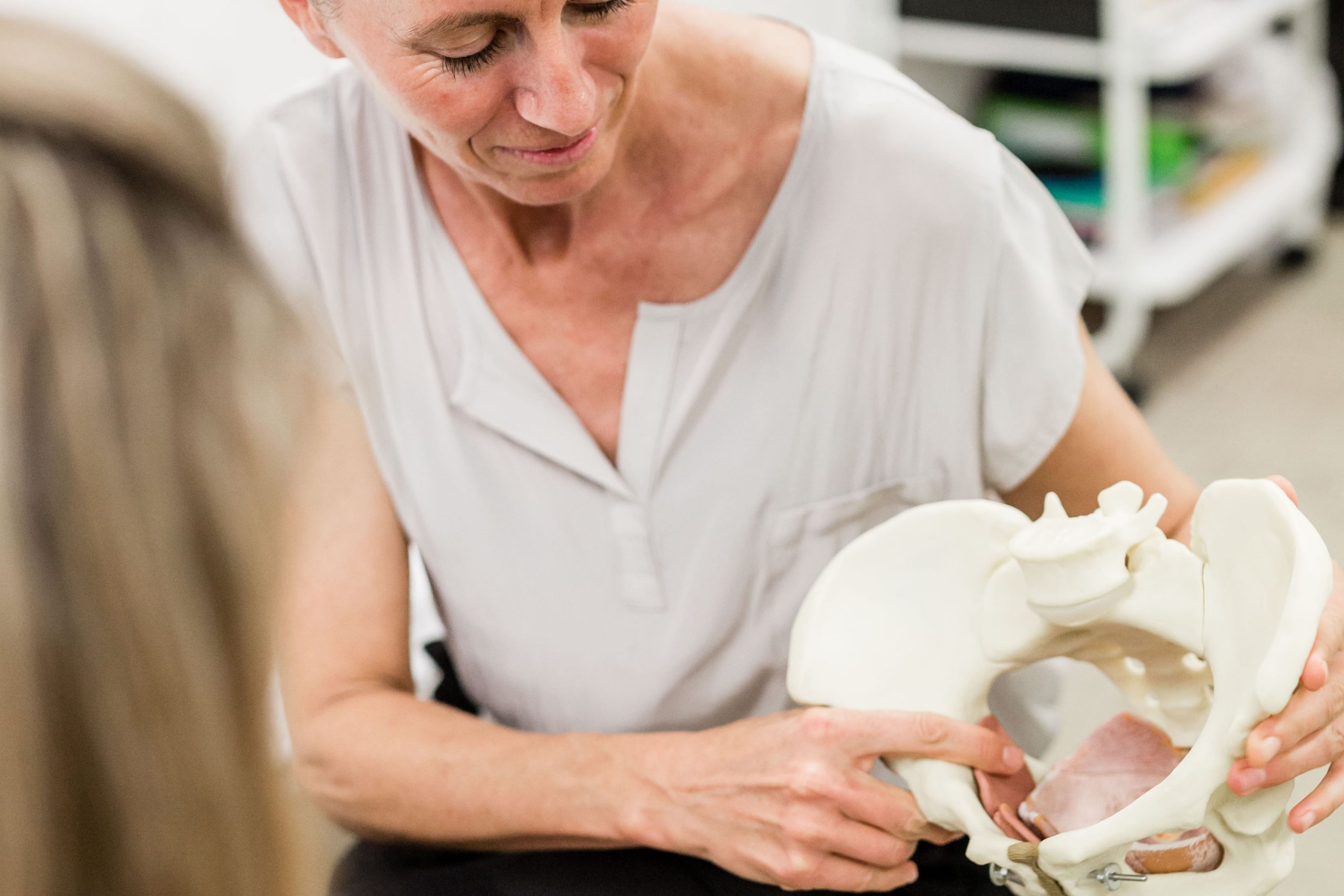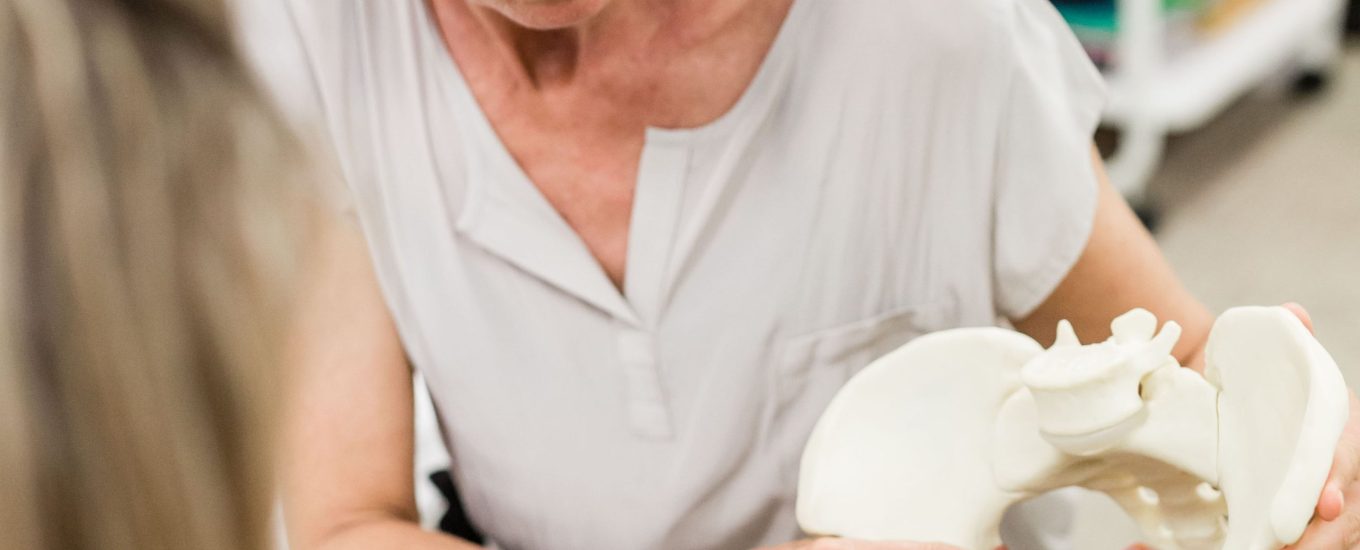Urinary Incontinence

CATEGORY: PELVIC FLOOR
Urinary Incontinence
Leaking urine, also known as urinary incontinence, can affect both women and men of all ages and backgrounds.
Urinary incontinence is often diagnosed as ‘stress urinary incontinence’ or ‘urge urinary incontinence’ (also known as overactive bladder) and sometimes ‘mixed urinary incontinence’. In a lot of cases, these bladder control problems do not need surgical treatment and can be significantly improved by pelvic floor exercises and bladder retraining supervised by a trained pelvic health physiotherapist.
Types of Incontinence:
There are many different types of incontinence all with different mechanisms and treatment options. It is highly recommended that you seek professional advice if you are experiencing any incontinence as the management and subsequent success or cure can vary greatly between the different types.
Stress Urinary Incontinence
This happens when leakage of urine occurs when pressure is applied to the bladder, such as during a cough or a sneeze, when lifting/pushing or pulling heavy weight or simply when standing up from a chair or getting out of a car.
Urge Urinary Incontinence
This occurs when urinary leakage happens with a sudden and powerful URGE to use your bladder. Often people are unable to make it to the toilet on time. Commonly, these urges occur with a ‘trigger’ such as putting the key in the front door, driving into your driveway or doing the washing up.
Mixed Urinary Incontinence
This means a person will have symptoms of both types of urinary incontinence.
Overflow Incontinence
Occurs when the bladder is full and urine starts to leak out – much like a full bucket of water overflowing. The reason for this occurring can vary greatly from reduced urges or signalling through to a blockage from internal structures.
Urinary Retention
This occurs when there is an inability to empty the bladder fully which can lead to small amounts of urine coming out frequently, sometimes without any knowledge or sensation that urine has passed.
Nocturia
Nocturia is when you are waking up with the sensation or urge to wee frequently or excessively throughout the night. The normal range of frequency throughout the night varies depending on age and other factors such as pregnancy, however, in most cases it can be anywhere from zero to two times throughout the night.
Nocturnal Enuresis
This is when you are leaking throughout the night while you’re asleep and are waking up wet.
Post Micturition Dribble
Commonly known as “after-dribble”, this occurs when urine is lost after just going to the toilet. This commonly affects men especially as they age.
Bedwetting
This commonly affects children and occurs throughout the night when the bladder empties involuntarily and the child wakes up wet. The primary causes of bedwetting include an inability to wake to a full bladder, an overactive bladder at night leading to an inability to store urine and an overproduction of urine from the kidneys which the bladder struggles to hold. There is a lot of evidence to show that bedwetting is NOT due to defiance or rebellious behaviour, drinking after dinner or laziness.
Daytime Wetting
Also known as diurnal enuresis, daytime wetting affects children and it occurs due to the bladder not working normally. Most often, the bladder is either over or underactive, the child is putting off going to the toilet due to fear of missing out or the bladder isn’t emptying completely or effectively.
What do I do if I have bladder control problems?
It is a good idea to discuss your bladder control problems with your GP first. They may want to rule out a urinary tract infection or other potential cause.
It is also strongly recommended that you engage with a physiotherapist who specialises in pelvic floor related dysfunction. The pelvic floor physios at Alchemy are uniquely trained to provide education, information and supervised treatment to help you manage your bladder control problems.
A referral from a GP is not necessary to come in and see one of our physiotherapists, you can simply call our friendly admin team to make an appointment.



Leave a Comments
You must be logged in to post a comment.